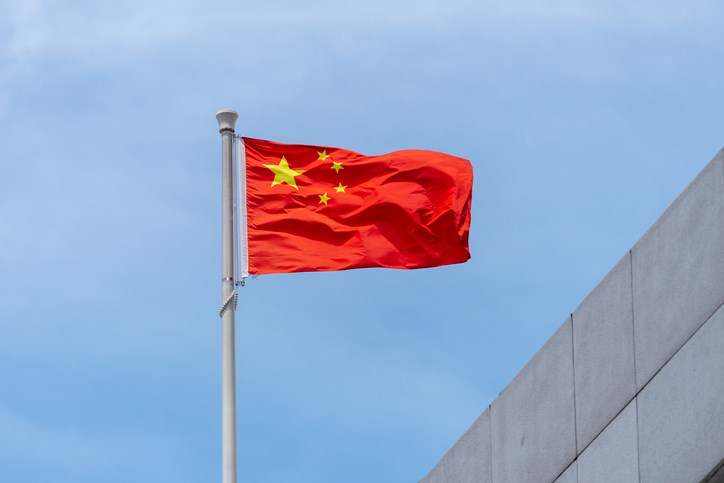The streets are filled with protests on its zero-COVID dictate. The Chinese government is showing signs of worry.
The Mounties are investigating China’s infiltration in Canadian affairs. The Chinese government is shrugging it off.
The Justin Trudeau government has released a long-due Indo-Pacific Strategy. To give it profound attention, they held it on a Sunday. Canadians, much less the Chinese government, likely haven’t even noticed.
The strategy professes to be a regional one but is really an iteration on the troubled relationship with China. It delivers its usual word salad – seeking “resilience,” pursuing “respect for international law,” promoting “democratic values,” encouraging “sustainable development,” taking a “whole-of-society” approach, the usual lot – and is enthusiastic in spending $2.3 billion in the next five years.
What it lacks is as important in what it buys: An understanding of what Canada will do, and not just say, to China in these tricky times, and what it wishes China and other countries to understand about their investments here.
The strategy sprinkles and sprays to open some offices, expand some networks, build and station a frigate, assist in the crackdown on illegal fishing, bolster its Feminist International Assistance Policy, pick up the pace on private sector support for sustainable infrastructure investment to serve as an alternative to Chinese investment, and patch up cybersecurity capacity and visa processing, among other things. Oh yes, there’s an office opening in Hawaii.
There is in the 26-page strategy the tepid language describing China as “an increasingly disruptive global power” and a claim that Canada’s approach is “shaped by a realistic and clear-eyed assessment of today’s China.”
Exactly how, though, isn’t to be found in the text. If anything, it reveals that Canada can’t really make up its mind on what to do.
There is no mention of a registry for foreign agents, no reference to the interference in our affairs that the Canadian Security and Intelligence Service (CSIS) has been warning the government about for some time, and only a veiled suggestion that new restrictions on investment might be coming.
The latter’s lack of clarity about how national interests will be protected indicates that the strategy isn’t quite ready for prime time, even if it is ages in the making. How confidence should we feel when the document states: “At the same time, we are committing significant resources to enhance Canadian competencies on China across and beyond government” – wherever that beyond might be is anyone’s guess – “to ensure that we are better able to respond to the growing impact of China in the region and beyond.”
To borrow the dialect of the departed TV series Friends: Could we be more vague?
Of course, on a bilateral basis, Canada and China will continue to do business “to advance Canada’s national interests while remaining true to our values, all the while focusing relentlessly on Canadian priorities.” Only, it seems, we’re going to review every agreement we have with China, presumably to reassure ourselves that we are reviewing every agreement we have.
There is the usual determination to diversify trade in the wider region, which is far easier written than underwritten. It’s not as if Canada hasn’t tried to woo India – our prime minister dressed up to do so – but these trade ties take time and are never likely to displace our dependence on the supply chain that starts, runs through or exports from China.
In truth, Canadian policy has been obliged to mimic America’s for a long time. Recent U.S. administrations have not taken lightly China’s threat to economic supremacy, and Canada has had no real choice in which of its two largest trading partners to please.
What it has done, though, and what it continues to do in this strategy, is not fully displease China. It can’t bring itself to aggressive language, much less aggressive measures, because too much of our economic destiny depends on its market for our energy and other exports. We need what it creates, too, so we won’t bite any hand that feeds us.
Foreign policy has never been this government’s priority or skillset. It has featured a revolving door of ministers, a dithering of ministration, and a diminishing of what little presence we had on the world stage as our prime minister’s lustre lessened with time.
An Indo-Pacific Strategy is dropped into what it describes as a “once-in-a-generation shift” that requires a “generational Canadian response.” Okay, we’re waiting out here on the coast.
Kirk LaPointe is publisher and editor-in-chief of Business in Vancouver and vice-president, editorial, of Glacier Media.




